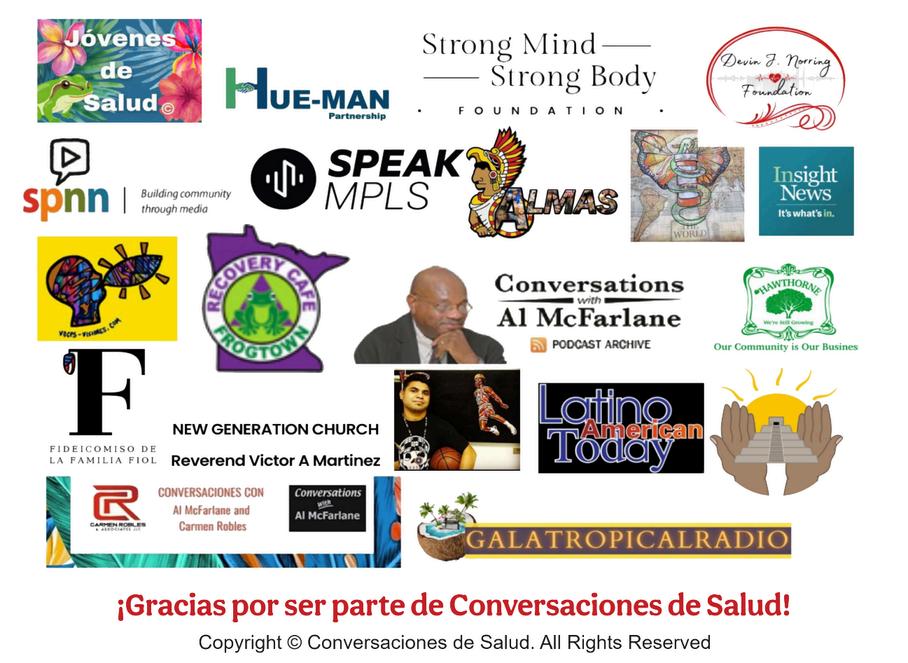
Serving the Hispanic/ Latino/ Afro-Latino/ Indigenous & Asian Latino Communities Since 2019


Serving the Hispanic/ Latino/ Afro-Latino/ Indigenous & Asian Latino Communities Since 2019
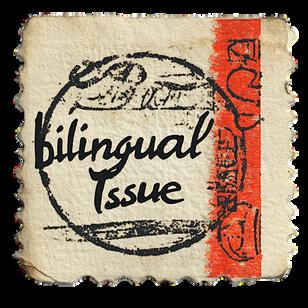
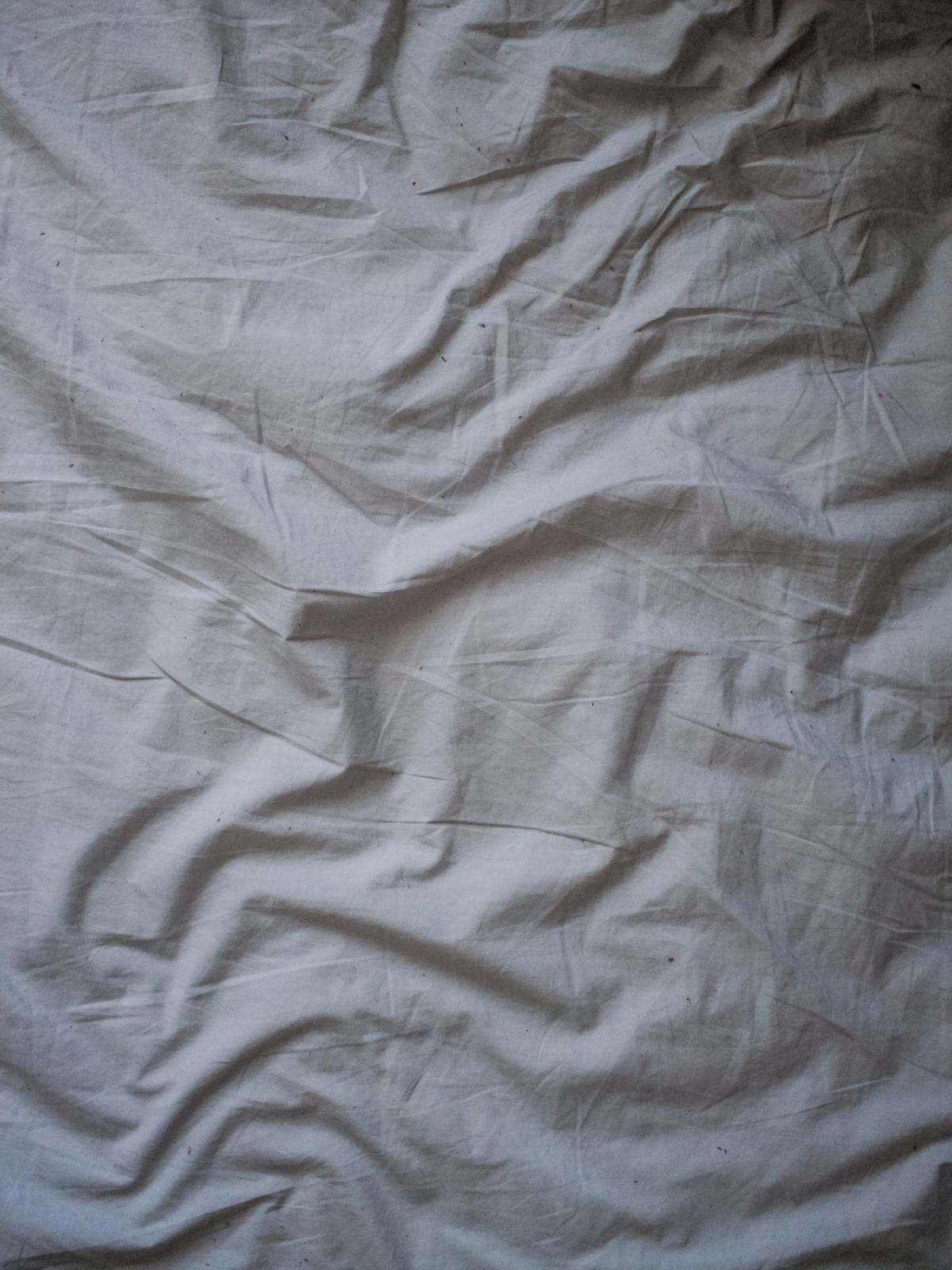
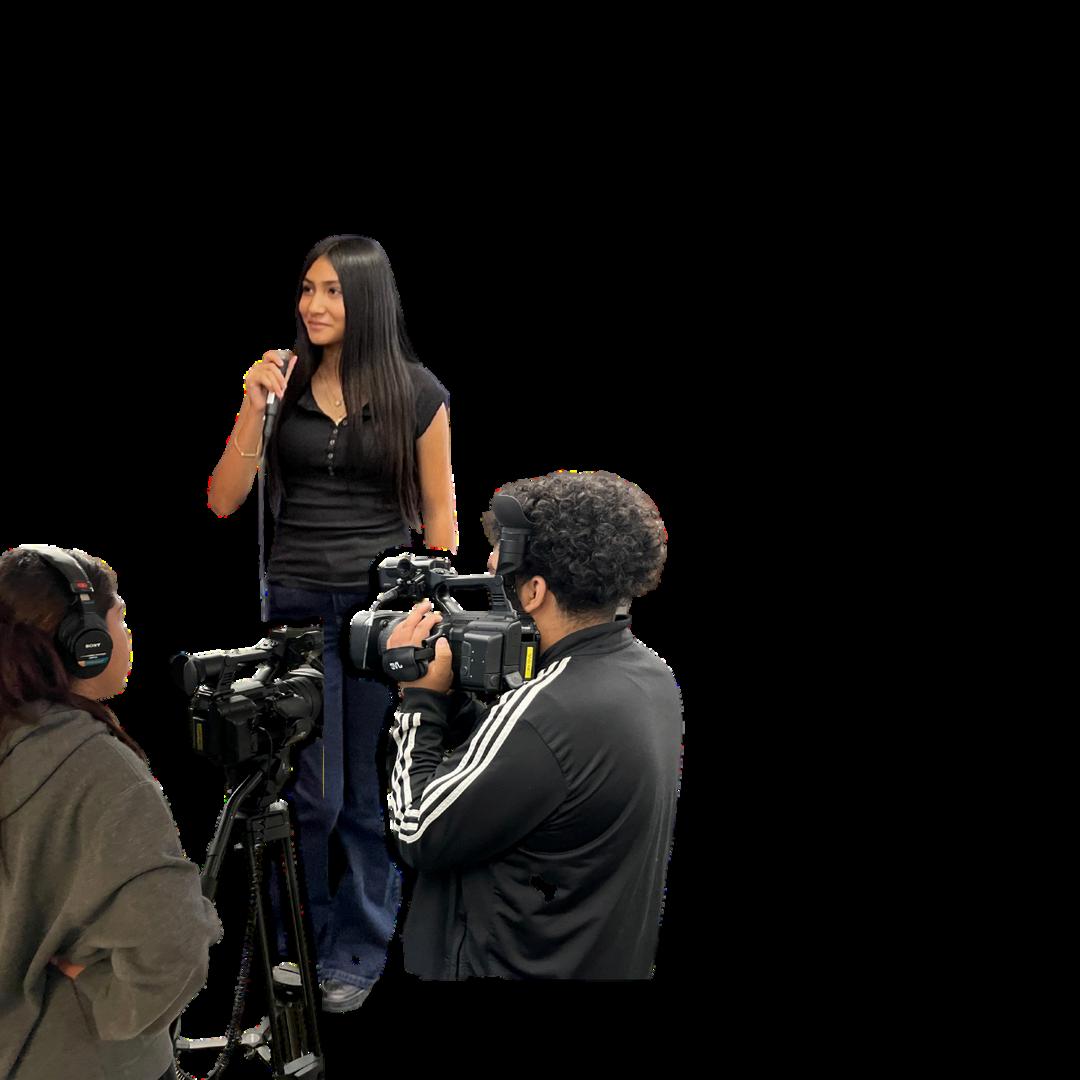
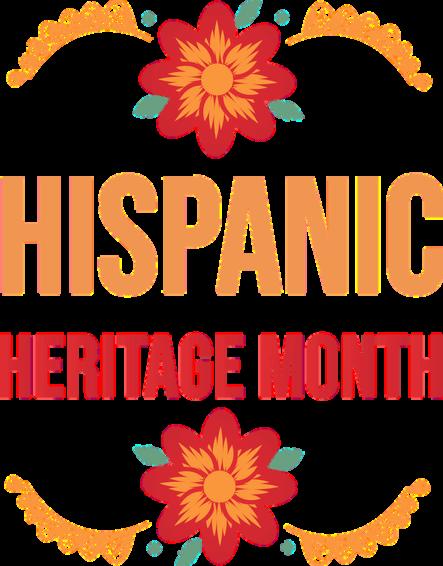

Carmen Robles CEO/Publisher Jovenes de Salud Founder

Eric Ortiz, Ex. Director Strong Mind Strong Body Found-Youth Community Journalism Institute.
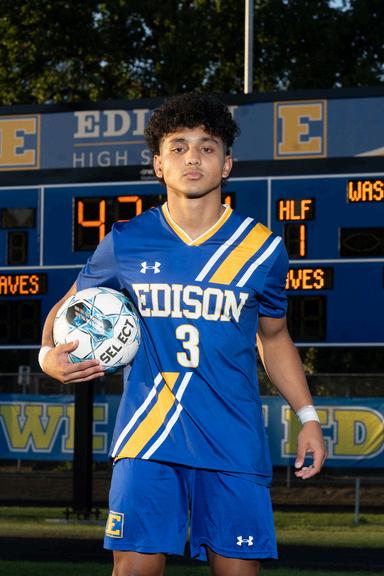
Jesus Rojas, Youth Editor Junior Publisher Content Creator

Christian Flores
*Camara
*Interviewer
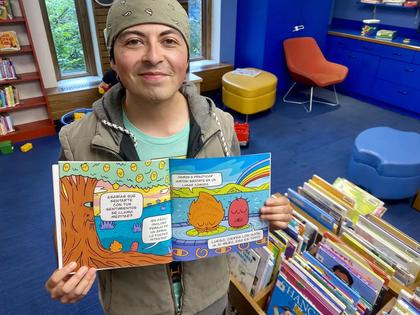
Rocky Casillas Aguirre Anxiety and Me: A Story of Awakening and Rebirth

tiz e Island Sails Into ture at Children’s e Review
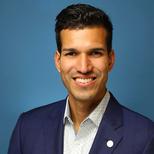
Hector Colon-Rivera MD, MBD, MRO

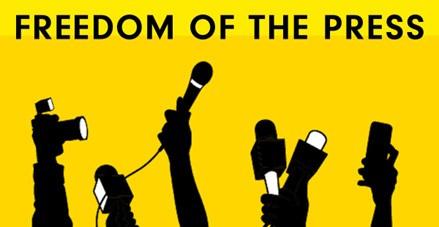
This month, we proudly celebrate the graduation of 18 youth journalists—the largest class in the history of our Community Journalism Institute. These young storytellers are raising their voices to share untold truths and uplift their communities We also highlight the vital role of mentors and padrinos like Dr Alfonso Morales, who guide our work with care, integrity, and cultural insight
Through powerful reflections on cannabis, family, and honesty, this issue reminds us that health is more than physical it lives in our values, our relationships, and the stories we choose to tell. And that’s just the beginning. Inside these pages, you’ll find stories that inform, voices that inspire, and perspectives that reflect the strength and resilience of our communities
Este mes celebramos con orgullo la graduación de 18 jóvenes periodistas: la clase más numerosa en la historia de nuestro Instituto de Periodismo Comunitario. Estos narradores del presente alzan su voz para contar verdades no contadas y fortalecer a sus comunidades También destacamos el rol fundamental de mentores y padrinos como el Dr Alfonso Morales, quienes guían nuestro trabajo con compromiso, integridad y sabiduría cultural
A través de potentes reflexiones sobre el cannabis, la familia y la honestidad, esta edición nos recuerda que la salud va más allá de lo físico: también vive en nuestros valores, nuestros vínculos y las historias que decidimos compartir Y eso es solo el comienzo A lo largo de estas páginas encontrarás información útil, voces que inspiran y miradas que reflejan la fuerza y la resiliencia de nuestras comunidades.


Conversaciones de Salud (CdS) se inspira en la tradición cultural de la Quinceañera, donde cada madrina y padrino asume una responsabilidad especial, desde el vestido hasta el pastel, la música y el lugar, asegurándose de que cada detalle contribuya a una celebración significativa
Con ese mismo espíritu, CdS identifica a madrinas y padrinos que ofrecen su liderazgo para guiar aspectos clave de nuestro trabajo. Ayudan a dar forma y fortalecer nuestro boletín digital, revista impresa, programas web y podcasts, asegurando que estas plataformas tengan una profunda conexión con nuestra audiencia Más allá de su impacto mediático, estos líderes también sirven como mentores para los jóvenes periodistas comunitarios que cultivamos en colaboración con la Fundación Mente Fuerte Cuerpo Fuerte
Un ejemplo destacado es el Dr Alfonso Morales, nuestro Padrino de Salud Supervisa los temas de salud que cubrimos, asegurándose de que sean precisos, culturalmente relevantes y significativos para las familias a las que servimos El Dr Morales también sirve como un puente vital para quienes toman decisiones y buscan educar y conectar con la comunidad latina A través de este modelo, Conversaciones de Salud entrelaza la tradición cultural, el liderazgo comunitario y la tutoría intergeneracional, creando una plataforma confiable que eleva las voces, comparte recursos y fortalece la resiliencia de la comunidad

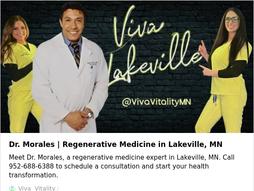
Conversaciones de Salud (CdS) draws inspiration from the cultural tradition of the Quinceañera, where Madrinas and Padrinos each take on a special responsibility from the dress to the cake, the music to the venue ensuring that every detail contributes to a meaningful celebration
In that same spirit, CdS identifies Madrinas and Padrinos who volunteer their leadership to guide key aspects of our work They help shape and strengthen our digital newsletter, print magazine, web shows, and podcasts, ensuring these platforms resonate deeply with our audiences Beyond media impact, these leaders also serve as mentors to the youth community journalists we cultivate in partnership with the Strong Mind Strong Body Foundation.
One shining example is Alfonso Morales MD, who serves as our Padrino de Salud. He provides oversight on the health topics we cover, ensuring they are accurate, culturally relevant, and meaningful for the families we serve. Dr. Morales also serves as a vital bridge to decision-makers who seek to educate and connect with the Latino community. Through this model, Conversaciones de Salud weaves together cultural tradition, community leadership, and intergenerational mentorship, creating a trusted platform that uplifts voices, shares resources, and strengthens community resilience.
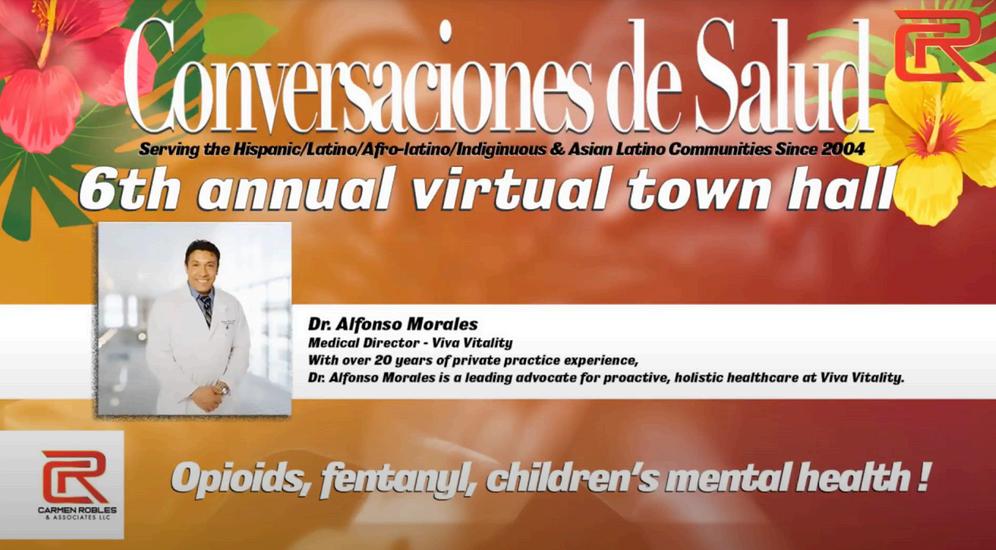
Conversaciones de Salud “THE RECAP” 6º
Foro Anual Virtual de Conversaciones de Salud
As part of Hispanic Heritage Month, Conversaciones de Salud proudly presents its 6th Annual Virtual Town Hall Conversation: THE RECAP, focusing on opioids, fentanyl, and children’s mental health
Since 2019, Conversaciones de Salud has created trusted spaces for Latino families, providers, educators, and youth to come together around urgent health issues
This year’s program revisits powerful stories shared by voices that shed light on the human cost of the opioid and fentanyl crisis and the urgent need for culturally grounded solutions.
Children’s mental health remains central to this work. With young people carrying the impact of loss, trauma, and pandemic disruption, Conversaciones de Salud has lifted youth voices through journalism, surveys, and storytelling that help their peers connect and heal.
THE RECAP honors six years of community action, reminding us that change happens when lived experience, expert guidance, and cultural wisdom come together This town hall is not just a conversation it is a movement for hope, healing, and a healthier future for our families


En el marco del Mes de la Herencia Hispana, Conversaciones de Salud presenta con orgullo su 6º Foro Anual Virtual: THE RECAP, enfocado en los opioides, el fentanilo y la salud mental de los niños Desde el 2019, Conversaciones de Salud ha creado espacios de confianza donde las familias latinas, proveedores, educadores y jóvenes se reúnen para dialogar sobre los problemas de salud más urgentes El programa de este año retoma historias poderosas de voces que iluminan el costo humano de la crisis de opioides y fentanilo, y la necesidad urgente de soluciones con raíces culturales
La salud mental infantil sigue siendo un eje central. Con tantos jóvenes cargando las secuelas de la pérdida, el trauma y la pandemia, Conversaciones de Salud ha elevado las voces juveniles a través del periodismo, encuestas y relatos que ayudan a sus compañeros a conectarse y sanar.
THE RECAP honra seis años de acción comunitaria, recordándonos que el cambio sucede cuando la experiencia vivida, la guía experta y la sabiduría cultural se entrelazan Este foro no es solo una conversación es un movimiento de esperanza, sanación y un futuro más saludable para nuestras familias
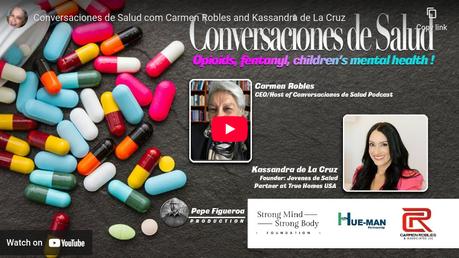
La Voz Juvenil en Acción:
En una reciente Conversaciones de Salud Podcast, Kassandra de la Cruz compartió su recorrido de promotora juvenil a líder comunitaria.
De adolescente, ella y sus compañeros usaban música e historias para promover la salud, mostrando que la prevención es más fuerte cuando la juventud lidera.
Hoy, sus reflexiones se conectan con temas urgentes como opioides, fentanilo y la salud mental infantil.
Para muchos jóvenes latinos, la responsabilidad temprana trae resiliencia pero también estrés.
Con mentoría y espacios seguros, dijo Kassandra, los retos se convierten en liderazgo.
Su historia recuerda que, al confiar en las voces jóvenes, fortalecemos comunidades enteras.

In a recent Conversaciones de Salud Podcast, Kassandra de la Cruz shared her journey from youth advocate to community leader.
As a teen, she and her peers created music and stories that carried health messages, proving that prevention is strongest when youth lead.
Today, her reflections resonate with urgent issues like opioids, fentanyl, and children’s mental health.
For many Latino youth, early responsibility builds resilience but also stress.
Mentorship and safe platforms, Kassandra emphasized, transform challenges into leadership.
Her story is a reminder: when we trust youth voices, they rise to strengthen whole communities.
Con el tiempo uno va entendiendo que la familia no es solo la gente con la que uno vive o los que tienen tu mismo apellido. La familia, de verdad, es esa gente que está contigo cuando todo va bien, pero también cuando las cosas se ponen feas. Son los que te conocen desde chamo, los que te han visto pasar por mil cosas, y aún así te quieren y te apoyan.
A veces uno no se da cuenta del valor que tiene la familia Uno se acostumbra a que te llamen para ver cómo estás, a que te preparen comida cuando estás enfermo, o a que te tiendan la mano sin que uno tenga que pedirlo Pero no todo el mundo tiene eso Y cuando uno se pone a pensar, tener una familia que esté ahí para ti es una bendición
También he leído que los psicólogos dicen que el ambiente familiar influye muchísimo en cómo uno crece Si tú vienes de una casa donde hay cariño, respeto y apoyo, es mucho más fácil que salgas adelante con una buena actitud, que te sientas seguro de ti mismo y que sepas cómo tratar a los demás. Y eso se nota, desde chamo hasta cuando uno ya es adulto.
Claro, no todas las familias son iguales. Hay hogares donde hay muchos problemas, peleas, o donde no hay cariño. Y eso duele, porque uno espera que la familia sea ese lugar donde se sienta tranquilo. Pero también es verdad que muchas personas consiguen ese cariño y ese apoyo en amigos, vecinos o parejas

Es decir, uno también puede formar su propia familia con la gente que te quiere de verdad, aunque no tengan tu sangre.
En mi caso, yo agradezco muchísimo a mi familia. No somos perfectos, como ninguna lo es, pero sé que puedo contar con ellos. Si estoy pasando por algo difícil, están ahí para escucharme. Si me va bien, lo celebran conmigo. Y si me equivoco, no me dan la espalda. Eso, para mí, vale muchísimo.
También está el día a día. A veces uno no tiene plata, o está enfermo, o no puede con todo y ahí está la familia, echándote una mano, sin hacerte sentir mal Esa ayuda sincera, que nace del amor, no se consigue fácil en todos lados
En fin, yo creo que la familia es uno de los pilares más importantes de la vida Es el primer sitio donde uno aprende a querer, a respetar, a confiar Y aunque a veces haya peleas o diferencias, si hay cariño de verdad, todo se puede hablar y mejorar
Tener una familia que te apoye, que te acepte y que esté contigo sin condiciones, es una de las cosas más valiosas que uno puede tener en esta vida.
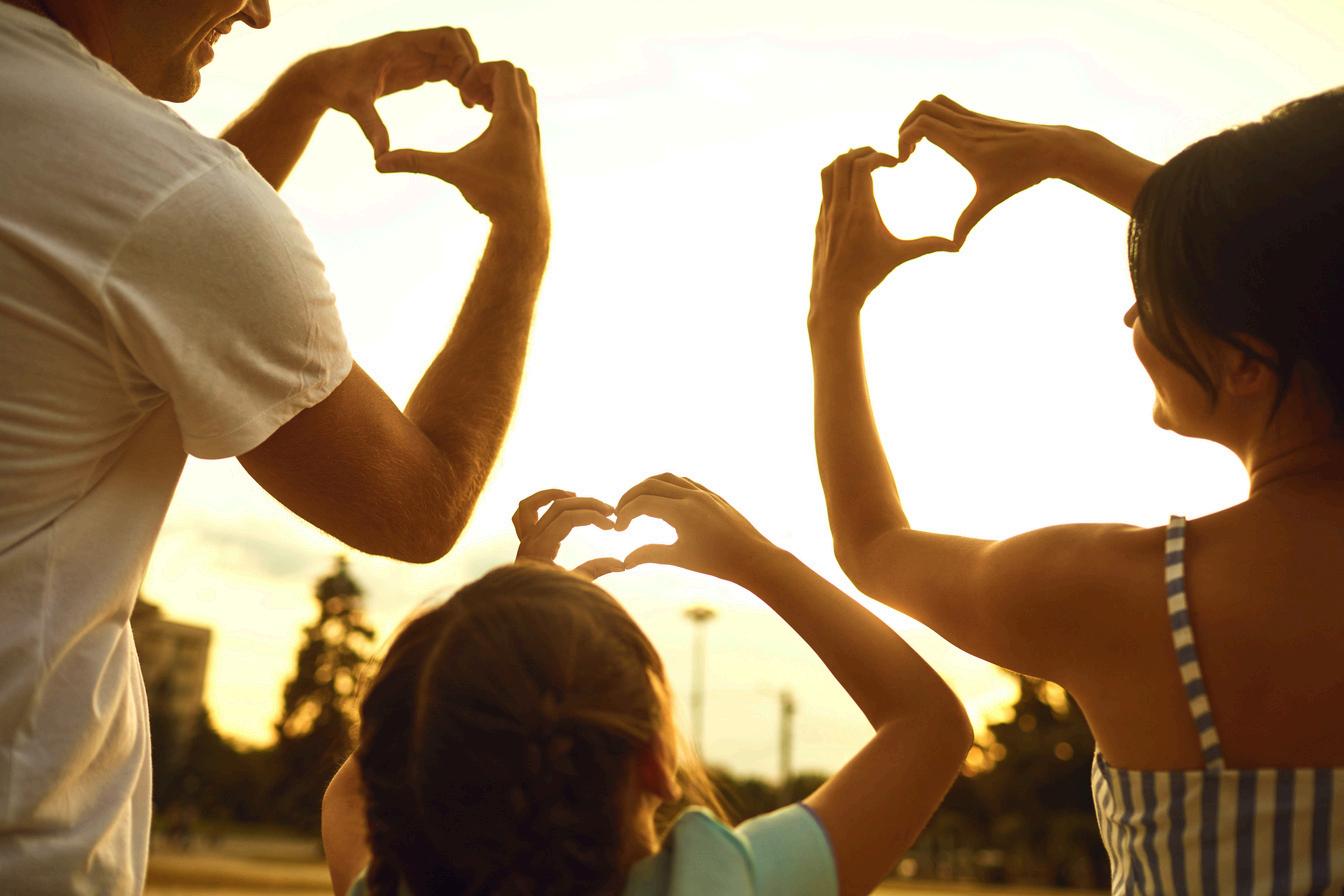
Over time, you begin to understand that family isn't just the people you live with or those who have your last name Family, truly, is the people who are there for you when things are going well, but also when things get tough They're the ones who've known you since you were a kid, the ones who've seen you go through a thousand things, and yet they still love and support you
Sometimes you don't realize the value of family You get used to them calling to check on you, preparing meals for you when you're sick, or reaching out without you having to ask. But not everyone has that. And when you stop to think about it, having a family that's there for you is a blessing.
I've also read that psychologists say that the family environment has a huge influence on how you grow up. If you come from a home where there's love, respect, and support, it's much easier for you to succeed with a good attitude, to feel confident in yourself, and to know how to treat others. And that shows, from childhood to adulthood
Of course, not all families are the same There are homes where there are many problems, fights, or where there is no love And that hurts, because you expect family to be a place where you feel at ease But it's also true that many people find that love and support from friends, neighbors, or partners I mean, you can also form your own family with people who truly love you, even if they're not related to you
In my case, I'm very grateful for my family We're not perfect, as no one is, but I know I can count on them If I'm going through something difficult, they're there to listen If I'm doing well, they celebrate with me And if I make a mistake, they don't turn their backs on me That, for me, mean
In my case, I'm very grateful for my family. We're not perfect, as no one is, but I know I can count on them. If I'm going through something difficult, they're there to listen. If I'm doing well, they celebrate with me. And if I make a mistake, they don't turn their backs on me. That, for me, means a lot.
There's also the day-to-day. Sometimes you don't have money, or you're sick, or you can't handle everything and there's your family, lending a hand, without making you feel bad That sincere help, born of love, isn't easy to find everywhere
Ultimately, I believe that family is one of the most important pillars of life It's the first place where we learn to love, to respect, to trust And although there may be fights or differences at times, if there is true love, everything can be talked about and improved
Having a family that supports you, accepts you, and is there for you unconditionally is one of the most valuable things anyone can have in this life.
Yo pienso que la honestidad es una de esas cualidades básicas que a veces la gente no valora lo suficiente, pero que realmente tiene un poder enorme para cambiar las cosas No es solo cuestión de decir la verdad cuando te preguntan algo, sino de vivir de una manera transparente, sin andar con cuentos, dobles intenciones o con miedo de que alguien descubra algo que estás escondiendo Ser honesto implica actuar con claridad, sin querer engañar o aprovecharse de nadie, y cuando uno logra eso, se siente más tranquilo porque sabe que no está haciendo daño a propósito ni jugando a dos caras.
En mi experiencia, todo funciona mejor cuando la honestidad está presente. Por ejemplo, en las amistades, uno aprende a valorar a esas personas que te dicen lo que piensan de verdad, aunque no siempre sea lo que quieres escuchar. Prefiero mil veces que alguien me hable de frente y con sinceridad, aunque duela, que tener a alguien que te sonríe pero luego te habla mal a tus espaldas o te engaña Lo mismo pasa en la familia: cuando hay confianza y la gente se siente libre para expresar lo que piensa sin miedo, los problemas se resuelven más rápido y de forma más sana Aunque haya discusiones o diferencias, la sinceridad ayuda a entenderse y a mantener el respeto
Esa importancia de la honestidad no solo se queda en lo personal También es fundamental en lo grande, como en la política o en el trabajo A nadie le gusta que le mientan, pero es algo que pasa con frecuencia y a veces uno ya se acostumbra. Sin embargo, es triste porque si las personas que toman decisiones fueran más honestas, seguramente habría menos injusticia y desigualdad.
La gente confiaría más en sus líderes y las cosas funcionarían mejor Cuando la desconfianza se instala, afecta todo, desde la manera en que se hacen las leyes hasta cómo la gente se relaciona entre sí La falta de honestidad en la política termina generando un ambiente de descontento y frustración
Ser honesto, eso sí, no siempre es sencillo A veces puede ser más fácil y cómodo decir una mentira para evitar un problema, para no pelear o para quedar bien frente a otros. Pero esas mentiras, aunque parezcan pequeñas, se van acumulando con el tiempo y terminan atrapándote. Cuando uno miente, tiene que estar pendiente de no contradecirse, de no ser descubierto, y eso cansa. En cambio, cuando uno es sincero desde el principio, se ahorra muchos líos y puede mirar a los demás sin sentirse mal o con culpa. Para mí, esa sensación de estar en paz con uno mismo es uno de los mayores beneficios de la honestidad
Por último, creo que si todos fuéramos un poco más honestos, el mundo sería un lugar más justo y más sencillo No quiero decir que sería perfecto, porque la perfección no existe, pero sí sería un espacio más claro, donde las personas pudieran confiar unas en otras Claro que uno no puede cambiar todo lo que pasa a su alrededor, pero sí puede empezar por uno mismo, por ser honesto en el día a día, en lo pequeño, y eso ya es un paso gigante Cambiar el mundo comienza con cambiar cómo uno actúa, y la honestidad es un buen punto de partida.

Rojas
I think honesty is one of those basic qualities that people sometimes don't value enough, but that truly has enormous power to change things It's not just a matter of telling the truth when someone asks you something, but of living transparently, without telling stories, having hidden agendas, or being afraid that someone might discover something you're hiding Being honest means acting clearly, without wanting to deceive or take advantage of anyone, and when you achieve that, you feel calmer because you know you're not intentionally hurting or playing duplicitous.
In my experience, everything works better when honesty is present. For example, in friendships, you learn to value those people who tell you what they truly think, even if it's not always what you want to hear. I'd much rather have someone speak to me directly and sincerely, even if it hurts, than someone who smiles at you but then talks badly about you behind your back or deceives you The same thing happens in families: when there is trust and people feel free to express their thoughts without fear, problems are resolved more quickly and in a healthier way Even if there are arguments or differences, sincerity helps us understand each other and maintain respect
The importance of honesty doesn't just remain in the personal sphere It's also fundamental in larger matters, such as politics or the workplace No one likes to be lied to, but it happens frequently, and sometimes we get used to it. However, it's sad because if decision-makers were more honest, there would surely be less injustice and inequality.
People would trust their leaders more, and things would work better When mistrust takes hold, it affects everything, from the way laws are made to how people relate to each other A lack of honesty in politics ultimately creates an atmosphere of discontent and frustration
Being honest, of course, isn't always easy
Sometimes it can be easier and more comfortable to tell a lie to avoid a problem, to avoid a fight, or to look good in front of others. But those lies, no matter how small they seem, accumulate over time and eventually trap you. When you lie, you have to be careful not to contradict yourself, not to be caught, and that's tiring. On the other hand, when you're honest from the start, you avoid a lot of trouble and can look at others without feeling bad or guilty. For me, that feeling of being at peace with oneself is one of the greatest benefits of honesty.
Finally, I think that if we were all a little more honest, the world would be a fairer and simpler place I don't want to say it would be perfect, because perfection doesn't exist, but it would be a clearer place, where people could trust each other Of course, you can't change everything that happens around you, but you can start with yourself, by being honest daily, in the small things, and that's already a giant step Changing the world begins with changing how you act, and honesty is a good place to start


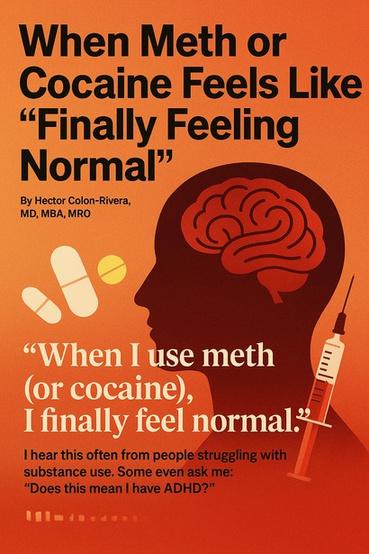
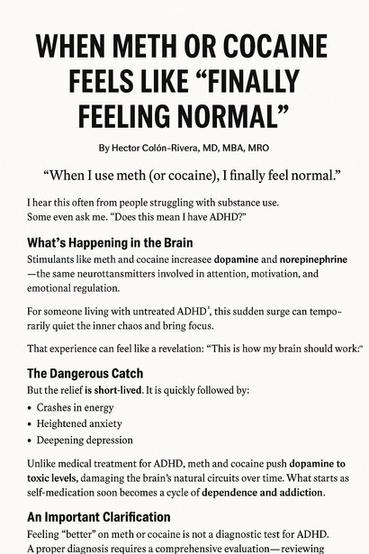


�� ¡Felicitaciones a los 20 graduados de la Fundación Strong Mind Strong Body – Instituto de Periodismo Comunitario Juvenil! ��
Estamos orgullosos de celebrar nuestra clase de graduados más grande hasta el momento, ¡más del doble de la clase de 2025! Estos 20 pioneros encarnan el espíritu de nuestro derecho constitucional a la libertad de prensa, alzando valientemente sus voces, contando historias no contadas y elevando a nuestras comunidades a través de la verdad y la creatividad. Su dedicación no solo fortalece el futuro del periodismo, sino que también ayuda a Conversaciones de Salud a seguir creciendo como un centro de salud comunitario confiable A nuestros graduados: Ustedes son los narradores de hoy y los creadores de cambios del mañana El futuro de los medios es más brillante gracias a USTEDES!
�� Congratulations to the 20 Graduates of the Strong Mind Strong Body Foundation – Youth Community Journalism Institute! ��
We are proud to celebrate our largest graduating class yet more than double the 2025 class! These 20 trailblazers embody the spirit of our constitutional right to freedom of the press, courageously raising their voices, telling untold stories, and uplifting our communities through truth and creativity. Their dedication not only strengthens the future of journalism but also helps Conversaciones de Salud continue to grow as a trusted community health hub To our graduates: You are the storytellers of today and the change-makers of tomorrow. The future of media is brighter because of YOU!

Congratulations on a great summer journalism program. The youth did excellent work. Here is the wonderful show the youth produced. https://www.facebook.com/share/p/19qF8bPj5r/
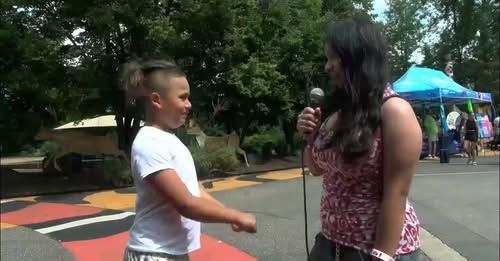
Eric Ortiz is executive director of the Strong Mind Strong Body Foundation, a national youth and community development nonprofit based in Minneapolis In 2024, he launched the Youth Community Journalism Institute to strengthen communities through storytelling He also serves as associate director of research for The Pivot Fund, a venture philanthropy organization supporting community newsrooms in underserved areas, and writes a monthly column for the Southwest Connector, a local newspaper in Minneapolis

Donate

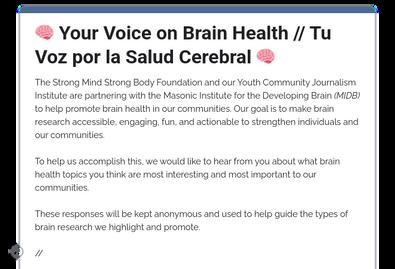
BRAINHEALTHSURVEY


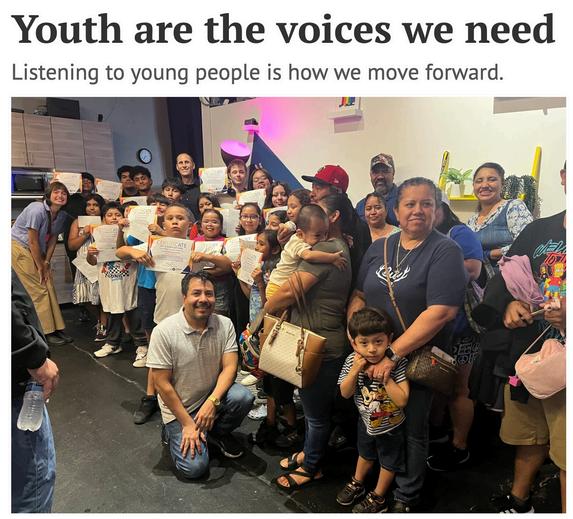
Eric Ortiz is executive director of the Strong Mind Strong Body Foundation, a national youth and community development nonprofit based in Minneapolis In 2024, he launched the Youth Community Journalism Institute to strengthen communities through storytelling. He also serves as associate director of research for The Pivot Fund, a venture philanthropy organization supporting community newsrooms in underserved areas, and writes a monthly column for the Southwest Connector, a local newspaper in Minneapolis.
I was raised at the top of a giant colina (hill) in Tijuana, Mexico. My dad built our house first, then my grandparents’ right beside it. We were surrounded by sand, rocky cliffs, and the occasional tree or patch of grass. Not quite a desert, but close. With little around, we learned to be resourceful. The stairs to our home were made of spare car tires, and our fence was a mix of chain-link, concrete, and old wood. When I think of childhood, I remember sitting outside with my grandma, looking at her flowers. Our yard was the greenest spot on the colina, full of roses, fruit trees, and all kinds of plants. Every evening we watered the garden, sitting on two upside-down buckets, talking for what felt like hours. I don’t recall what we said, only the feeling… love.
Being with my grandma in nature was my safe place. My father was machista and abusive, often taking out his anger on my mom and brother. His way of apologizing was buying toys or taking us to the zoo. I never understood why he got so mad. He usually spared me unless I threatened to call the police then I’d get the belt too. I felt helpless when I couldn’t protect my mom and little brother. It’s hard to love someone who causes so much pain. But my dad was hurting too. Raised by a machista and abusive father, he carried traumas he never talked about. Men can’t show emotions, especially not cry. He built a hard shell to protect himself. I wish he had gotten help. Maybe he would’ve been happier. Machismo plagues Mexicoan exaggerated masculine pride that is deeply harmful.
In my world, there’s no room for machismo Conversations about mental health should be normal. Everyone deserves to feel safe expressing emotions. Because my family never talked about it, my brother and I grew up without tools to face trauma later. This became clear during the covid pandemic—the darkest time of my life. Back in middle school soccer, I tore my ACL, making me prone to knee injuries. One day at work planting trees, I dislocated my knee. I filed for worker’s comp, but they denied an MRI, pushing me into therapy without knowing what was wrong. I was in pain and stressed for weeks. Then the pandemic arrived in the U.S., bringing chaos. My stress exploded into full-blown anxiety.
I had to take time off work. Reading emails gave me surges of adrenaline. I’d sit at home sweating with my leg propped up, feeling a black shadow looming. I became claustrophobic, showered with the door open, and avoided going outside during the day. Driving sometimes sent me to the ER, convinced I was dying from panic attacks. Sleep slipped away. Some nights I hallucinated flies hovering above my bed. I couldn’t function. What’s wrong with me? Will this nightmare end? I didn’t know who I was anymore. Suicidal thoughts crept in. I feared staying home alone, afraid I’d hurt myself. Surely, I’ll end up in a mental facility, I thought. For the first time, I was afraid of living and dying at once. My partner and family were supportive, taking me to appointments, giving me consejos, comforting me but nothing worked.
That was the hardest lesson: nobody could save me. No advice, pills, or homemade tacos would bring me back. Only I could. To climb out of the abyss, I had to tap into my inner power my will to live. No more cowering in fear over what may or may not happen. When I shifted from hiding to fighting, the Universe gave me signs.
At a thrift store, I found a book called The Joy of Living: Unlocking the Secret and Science of Happiness by Buddhist monk Yongey Mingyur Rinpoche, who also suffered from anxiety. I studied it twice, cover to cover. Then I got interested in meditation. Googling “meditation centers near me,” I discovered the Northfield Buddhist Meditation Center (NBMC) was half a block from my work! How had I never seen it?
When I walked into NBMC, I felt overwhelming gratitude. I knew the Universe was on my side. Therapy required a diagnosis I’d been labeled with “generalized anxiety” at Allina. But at NBMC, I was told, “Nothing is wrong with you. You just need to quiet your mind.” Meditation, a 5,000-year-old practice, is simply observing thoughts and emotions as they arise, without judgment. Many people feel intimidated by meditation or misunderstand it. But there are countless ways to practice— sitting, walking, lying down, listening to binaural beats. The key is to keep your mind open and present. Best of all, it costs nothing, requires no prescription, and can be done anywhere. At NBMC, I began sitting 30 minutes daily after work. Even if anxiety followed me, I was at the door by 5:30 pm to sit.

When I walked into NBMC, I felt overwhelming gratitude. I knew the Universe was on my side. Therapy required a diagnosis I’d been labeled with “generalized anxiety” at Allina. But at NBMC, I was told, “Nothing is wrong with you. You just need to quiet your mind.” Meditation, a 5,000-year-old practice, is simply observing thoughts and emotions as they arise, without judgment. Many people feel intimidated by meditation or misunderstand it. But there are countless ways to practice— sitting, walking, lying down, listening to binaural beats. The key is to keep your mind open and present. Best of all, it costs nothing, requires no prescription, and can be done anywhere. At NBMC, I began sitting 30 minutes daily after work. Even if anxiety followed me, I was at the door by 5:30 pm to sit.
Fast forward to today: I’ve been meditating four years. I no longer take pills or see psychologists. I sleep 8–9 hours every night. Most importantly, I’ve found myself not who I was before the pandemic, but my true self. Now when I see the vast ocean, I see a place of rebirth. All the pain was necessary. “The only way out is through.” That dark abyss was the start of awakening, though I didn’t know it then. Having gone through this, I can say with confidence: each of us holds the power to overcome fear, anxiety, panic, depression. The Buddha teaches that we must share what we’ve learned to help others heal. We are “walking each other home.” Since overcoming anxiety, that has become my purpose—especially helping youth. I believe meditation is the most powerful mental health tool we can pass on to them.
As an artist, the best way to share what life has taught me is through art.
While learning to meditate, I began writing a comic series called Twitch and the Mystic Weenie. The story follows Twitch, a curious flame with big emotions, and his guru, Mystic Weenie an ancient hotdog. Together they embark on a magical adventure where Twitch must defeat inner demons to discover why the Universe made him a flame. Everything I’ve learned, the places I’ve been, the people I’ve met they’re all in these books. I also wrote a children’s book called Where Did Anxiety Go?, translated into Spanish, English, Somali, and Swahili, with more to come. My hope is that these characters and stories reach those who need them most. If they do, it will all have been worth it.
Crecí en la cima de una gran colina en Tijuana, México. Mi papá construyó primero nuestra casa y luego la de mis abuelos justo al lado. Estábamos rodeados de arena, riscos y de vez en cuando algún árbol o parche de pasto. No era del todo desierto, pero casi. Como había tan poco alrededor, aprendimos a ser ingeniosos. Las escaleras de la casa estaban hechas con llantas viejas, y la cerca era una mezcla de malla, concreto y pedazos de madera. Cuando pienso en mi infancia, recuerdo estar afuera con mi abuela mirando sus flores. Nuestro patio era el lugar más verde de la colina, lleno de rosas, árboles frutales y toda clase de plantas. Todas las tardes regábamos el jardín sentados en dos baldes volteados, hablando durante horas. No recuerdo exactamente de qué hablábamos, solo el sentimiento… amor.
Estar con mi abuela en la naturaleza era mi lugar seguro. Mi papá era machista y abusivo, descargaba su ira en mi mamá y en mi hermano. Su manera de disculparse era comprarnos juguetes o llevarnos al zoológico. Nunca entendí por qué se enojaba tanto. A mí casi siempre me dejaba en paz, a menos que amenazara con llamar a la policía, ahí también me pegaba con el cinturón. Me sentía impotente cuando no podía proteger a mi mamá y a mi hermano pequeño. Es difícil amar a alguien que causa tanto dolor. Pero mi papá también sufría. Creció con un padre machista y violento, y cargaba traumas de los que nunca hablaba. A los hombres no se les permite mostrar emociones, y mucho menos llorar. Él construyó una coraza dura para protegerse. Ojalá hubiera buscado ayuda, tal vez habría sido más feliz. El machismo es una plaga en México, ese orgullo masculino exagerado que resulta tan dañino.
En mi mundo no hay espacio para el machismo. Hablar de salud mental debería ser algo normal. Todos merecemos sentirnos seguros al expresar nuestras emociones. Como en mi familia nunca se habló del tema, mi hermano y yo crecimos sin herramientas para enfrentar traumas más adelante. Esto se hizo evidente durante la pandemia, la etapa más oscura de mi vida. En secundaria, jugando fútbol, me rompí el ligamento cruzado, lo que me volvió propenso a lesiones de rodilla. Un día, trabajando en jardinería, me la disloqué. Pedí compensación laboral, pero me negaron una resonancia y me enviaron directo a terapia sin saber qué tenía. Pasé semanas con dolor y estrés. Después llegó la pandemia a EE.UU., trayendo caos. Mi estrés se convirtió en ansiedad total.
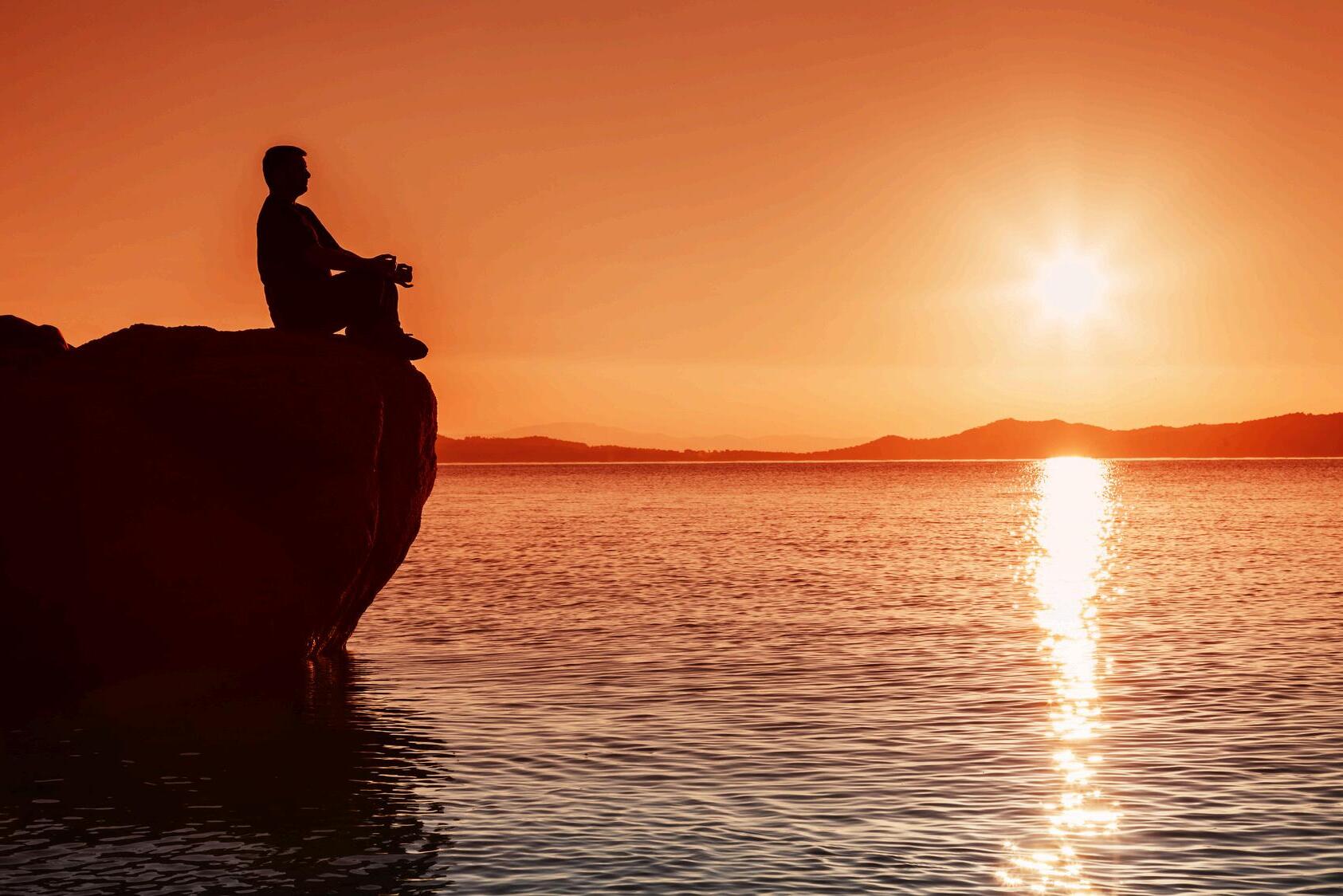
.Tuve que dejar de trabajar. Solo abrir un correo me disparaba la adrenalina. Sudaba en casa con la pierna en alto, sintiendo una sombra negra encima. Me volví claustrofóbico, me bañaba con la puerta abierta y evitaba salir de día. Conducir me llevaba al hospital convencido de que me estaba muriendo en medio de un ataque de pánico. El sueño desapareció. Algunas noches incluso alucinaba moscas flotando sobre la cama. Ya no podía funcionar. ¿Qué me pasa? ¿Acabará esta pesadilla? No sabía quién era. Pensamientos suicidas empezaron a rondarme. Tenía miedo de estar solo en casa, convencido de que podía hacerme daño. “Seguro voy a terminar en un manicomio”, pensaba. Por primera vez tuve miedo de vivir y de morir al mismo tiempo. Mi pareja y mi familia me apoyaban: me llevaban a citas, me daban consejos, me consolaban… pero nada funcionaba.
Aprendí a la fuerza que nadie podía salvarme. Ni consejos, ni pastillas, ni tacos caseros me iban a devolver. Solo yo podía hacerlo. Para salir del abismo, tuve que tocar mi fuerza interior: mis ganas de vivir. No más esconderme del miedo a lo que podía o no pasar. Cuando cambié de huir a enfrentar, el Universo empezó a mandarme señales. En una tienda de segunda encontré un libro: La alegría de vivir, de Yongey Mingyur Rinpoche, un monje budista que también sufría ansiedad. Lo estudié dos veces, de principio a fin. Luego me interesé por la meditación. Al buscar “centros de meditación cerca de mí” descubrí que el Northfield Buddhist Meditation Center estaba a media cuadra de mi trabajo. ¿Cómo nunca lo había visto?
La primera vez que entré a NBMC sentí una gratitud inmensa. Supe que el Universo estaba de mi lado. En terapia me habían diagnosticado “ansiedad generalizada” en Allina. Pero en NBMC me dijeron: “No tienes nada malo. Solo necesitas calmar tu mente.” La meditación, una práctica de más de 5.000 años, es simplemente observar pensamientos y emociones tal como surgen, sin juzgarlos. Muchos sienten que meditar es difícil o lo entienden mal. Pero hay incontables formas de hacerlo: sentado, caminando, acostado, escuchando sonidos. Lo importante es mantener la mente abierta y presente. Lo mejor es que no cuesta nada, no requiere receta y se puede hacer en cualquier lugar. En NBMC empecé a sentarme 30 minutos diarios después del trabajo. Aunque la ansiedad me siguiera, ahí estaba a las 5:30 pm puntual para practicar.
Hoy llevo cuatro años meditando. Ya no tomo pastillas ni voy a psicólogos. Duermo 8–9 horas cada noche. Y lo más importante: me encontré a mí mismo, no al que era antes de la pandemia, sino a mi verdadero yo. Ahora, cuando veo el océano, lo veo como un lugar de renacimiento. Todo el dolor fue necesario. “La única salida es atravesarlo.” Ese abismo oscuro fue el inicio del despertar, aunque entonces no lo sabía. Después de todo, puedo decir con certeza: cada uno tiene el poder de superar miedo, ansiedad, pánico y depresión. El Buda enseña que debemos compartir lo aprendido para ayudar a sanar a otros. “Estamos caminando juntos a casa.” Desde que superé la ansiedad, ese se volvió mi propósito, especialmente con los jóvenes. Creo que la meditación es la herramienta más poderosa de salud mental que podemos heredarles.
Como artista, la mejor forma de compartir lo que la vida me enseñó es a través del arte.
Mientras aprendía a meditar, empecé a escribir una serie de cómics llamada Twitch and the Mystic Weenie. La historia sigue a Twitch, una pequeña flama curiosa con grandes emociones, y a su gurú, Mystic Weenie, un antiguo hotdog. Juntos emprenden una aventura mágica donde Twitch debe enfrentar a sus demonios internos para descubrir por qué el Universo lo hizo una llama. Todo lo que aprendí, los lugares a los que fui, las personas que conocí, todo está en esos libros. También escribí un libro infantil llamado ¿A dónde se fue la ansiedad?, traducido al español, inglés, somalí y suajili, con más traducciones en camino. Mi esperanza es que estos personajes e historias lleguen a quienes más los necesiten. Si lo logran, todo habrá valido la pena.
Con cariño, Rocky

On Sept 15 the first day of Hispanic Heritage Month Mateo the Wandering Balloon lifts off in Philadelphia with kid-friendly affirmations and big-city wonder. RSVP/preorder now and get free printable affirmation cards for your little explorer.

✨ "I can explore, I can shine, and I belong wherever I go!"

By Hector A Colon-Rivera (Author), Amanda MolinaBelardo (Illustrator)
Float alongside Mateo, a bright and curious balloon wrapped in the colors of the Puerto Rican flag, as he explores the heart of Philadelphia. From the steps of art museums to music echoing through the neighborhoods, Mateo meets new friends and finds pieces of home in every corner of the city.
With each stop, Mateo learns something new, not just about the world around him, but also about himself Through acts of kindness, cultural pride, and affirming moments, young readers are reminded

Leí "La Isla del Tesoro" de Robert Louis Stevenson en cuarto grado el año pasado La obra de la Compañía de Teatro Infantil de Minneapolis le dio vida al libro Me encantan las historias de aventuras, y la obra tenía mucha aventura La obra, dirigida por Rick Dildine, empezaba con música escocesa y cantaba con un hombre tocando la guitarra También había piano y batería La música en vivo te hacía sentir como si estuvieras en un barco A veces las canciones eran fuertes y emocionantes, y otras veces eran suaves y un poco espeluznantes. Me pareció genial. Mi personaje favorito era Jim Hawkins (interpretado por Truman Bednar). Tiene más o menos mi edad, así que fue divertido ver a un niño ser valiente e inteligente. Superó a los piratas, lo que me alegró mucho. Long John Silver (Reed Sigmund) también estuvo muy bien. A veces parecía amigo de Jim, pero nunca se sabía si mentía. Eso le daba suspense.
Las luchas con espadas eran geniales. Los actores se movían rápido y parecía que estuvieran peleando de verdad El vestuario también estuvo genial, con grandes sombreros, abrigos y botas de pirata La escenografía lo hacía parecer un barco de verdad, y cuando llegaron a la isla, te sentías como si estuvieras allí también Me gustó que la obra tuviera partes divertidas, pero también serias Nunca fue aburrida Me preguntaba constantemente qué pasaría después Fue una obra genial La recomiendo a niños y adultos porque a todos les gusta una buena historia de piratas El público estuvo de acuerdo y les dio a los artistas una ovación de pie al final Voy el próximo viernes con mi clase. ¡Tengo muchas ganas de volver a verla!

“Keep writing, all you scallywags!” Cal Ortiz signs off in the log. (Eric Ortiz)

Fifth-grade author and "pirate-intraining" Cal Ortiz, smiles with the captain’s log at Children’s Theatre Company in Minneapolis. (Eric Ortiz)

I read "Treasure Island" by Robert Louis Stevenson in fourth grade last year The play at the Children’s Theatre Company in Minneapolis brought the book to life I love adventure stories, and the play had lots of adventure The play, directed by Rick Dildine, started with Scottish music and singing with a man playing a guitar There was also a piano and drums The live music made it feel like you were on the ship Sometimes the songs were loud and exciting, and other times they were soft and kind of spooky. I thought that was really cool. My favorite character was Jim Hawkins (played by Truman Bednar). He is about my age, so it was fun to see a kid being brave and smart. He outsmarted the pirates, which made me cheer inside. Long John Silver (Reed Sigmund) was also really good. Sometimes he seemed like Jim’s friend, but you could never tell if he was lying. That made it suspenseful.
The sword fights were awesome. The actors moved fast, and it looked like they were really fighting The costumes were also great, with big pirate hats, coats, and boots The set made it look like a real ship, and when they got to the island, it felt like you were there too I liked that the play had funny parts but also serious parts It was never boring I kept wondering what was going to happen next It was a great play I would recommend it to kids and adults because everyone likes a good pirate story The audience agreed and gave the performers a standing ovation at the end I am going next Friday with my class. I can't wait to see it again.


Fifth-grade author and "pirate-intraining" Cal Ortiz,
with the captain’s log at Children’s Theatre Company in Minneapolis. (Eric
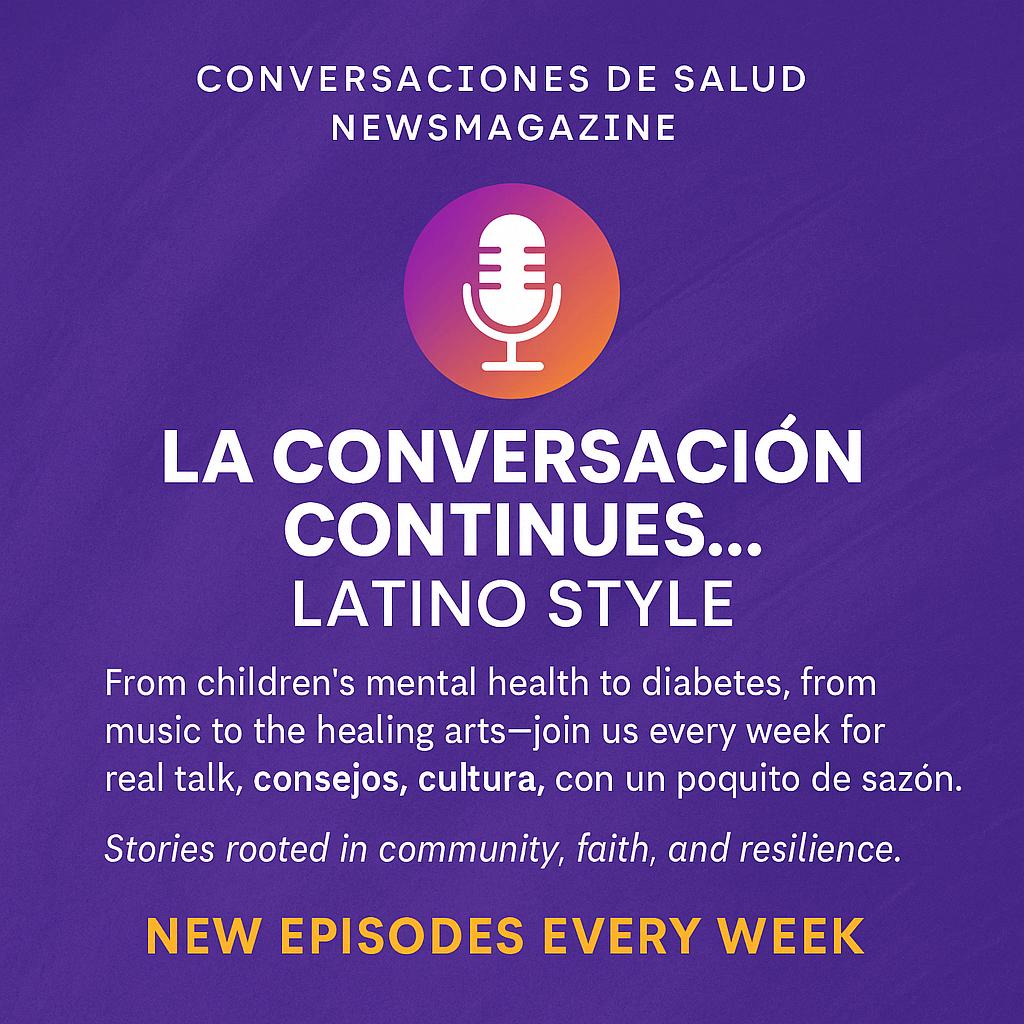


Conversaciones de Salud: Seis Años de Impacto y un Nuevo
Desde 2019, Conversaciones de Salud se ha convertido en una plataforma bilingüe confiable que llega a miles de familias latinas en Minnesota. Lo que comenzó como un esfuerzo editorial sobre los opioides ahora incluye temas de salud como fentanilo, cannabis, salud mental, nutrición y bienestar familiar
Una Voz con Raíces Comunitarias
Nacida en la primera conferencia estatal latina sobre opioides, Conversaciones de Salud se ha basado en el poder de las historias, la participación juvenil y las alianzas comunitarias. Con un enfoque cultural y sensible al trauma, la publicación genera confianza en comunidades que históricamente han sido desatendidas
Crecimiento y Alcance
- Más de 30 ediciones digitales y ahora también impresas
- 12 conversatorios virtuales durante el Mes de la Herencia Hispana y Cinco de Mayo
- Campañas dirigidas por jóvenes con videos, encuestas y mensajes en redes
- En 2025, las campañas en Facebook alcanzaron a 180,000 personas, con más de 33,000 interacciones
Un Nuevo Capítulo: El Podcast Este año, Conversaciones de Salud lanzó un podcast semanal, ampliando su impacto digital: - Más de 65,000 vistas en Facebook, Issuu, YouTube y Vidflow - Segmentos de video sobre salud mental infantil y diabetes con un promedio de 3 7 minutos de atención por vista, superando los estándares de la industria. - Mayor participación entre mujeres bilingües de 25 a 54 años, un grupo clave para la salud familiar.
A nivel nacional, la comunidad latina lidera el uso de plataformas digitales:
- 81% de los latinos usan YouTube regularmente - 70% obtienen noticias a través de redes sociales y pódcast - La audiencia latina de pódcast ha crecido un 44% en los últimos tres años
Mirando al Futuro
Con seis años de trayectoria, Conversaciones de Salud sigue comprometida en informar, involucrar y movilizar a las familias. Con el nuevo podcast y una presencia digital cada vez más fuerte, la plataforma continúa rompiendo estigmas, elevando las voces juveniles y promoviendo el bienestar de la comunidad.
Conversaciones de Salud: Six Years of Impact and a New Podcast for Latino Families
Since 2019, Conversaciones de Salud has become a trusted bilingual platform reaching thousands of Latino families in Minnesota. What began as an editorial effort on opioids now covers health topics such as fentanyl, cannabis, mental health, nutrition, and family wellness
A Voice with Community Roots
Born at the first statewide Latino conference on opioids, Conversaciones de Salud has built on the power of stories, youth participation, and community partnerships With a culturally grounded and trauma-informed approach, the publication builds trust in communities that have historically been underserved.
Growth and Reach
- Over 30 digital editions, now also in print
- 12 virtual town halls during Hispanic Heritage Month and Cinco de Mayo
- Youth-led campaigns with videos, surveys, and social media messaging.
- In 2025, Facebook campaigns reached 180,000 people, generating over 33,000 interactions.
A New Chapter: The Podcast This year, Conversaciones de Salud launched a weekly podcast, expanding its digital impact: - Over 65,000 views across Facebook, Issuu, YouTube, and Vidflow - Video segments on children’s mental health and diabetes averaged 3 7 minutes of viewing time, exceeding industry benchmarks. - Stronger engagement among bilingual women ages 25–54, a key group for family health.
Nationally, the Latino community leads digital platform use: - 81% of Latinos use YouTube regularly - 70% get their news through social media and podcasts - Latino podcast audiences have grown by 44% over the past three years.
Looking Ahead With six years of experience, Conversaciones de Salud remains committed to informing, engaging, and mobilizing families With the new podcast and a growing digital presence, the platform continues breaking stigma, elevating youth voices, and promoting community wellness
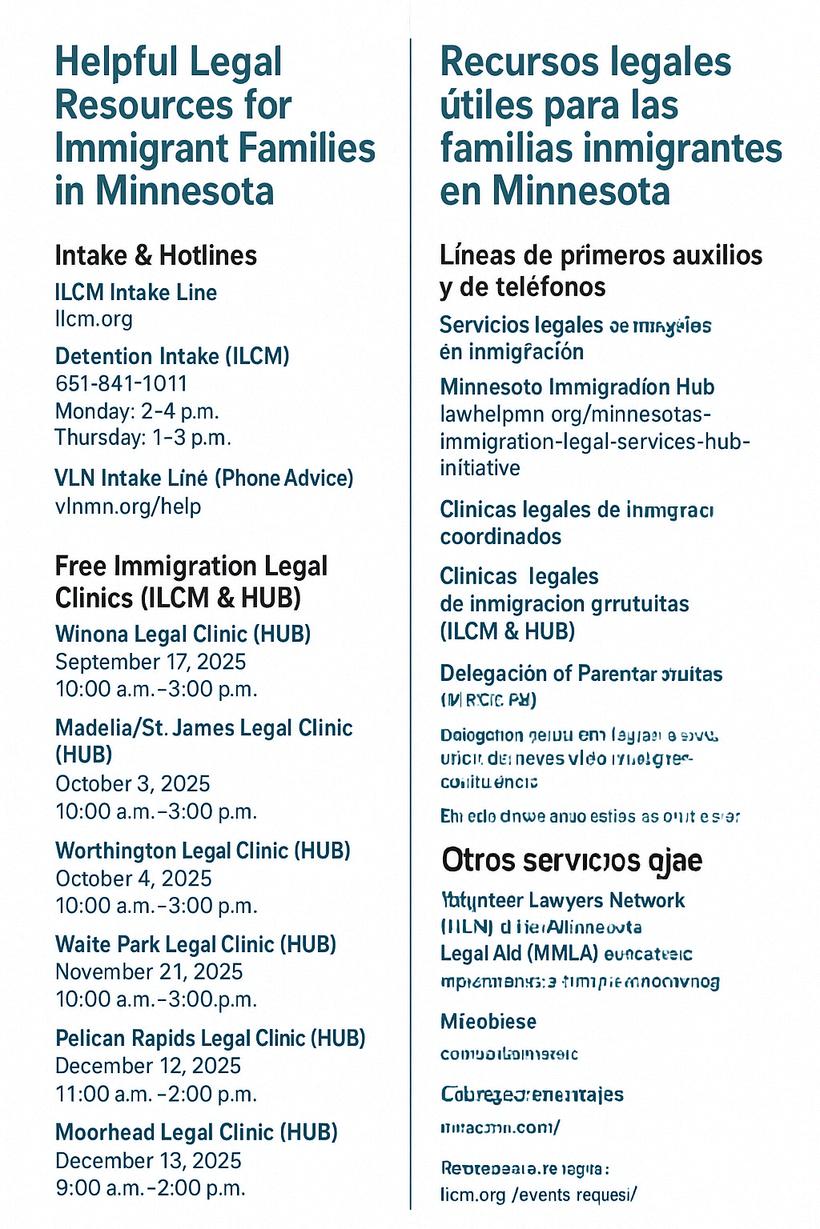


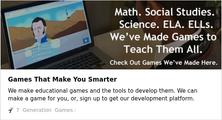
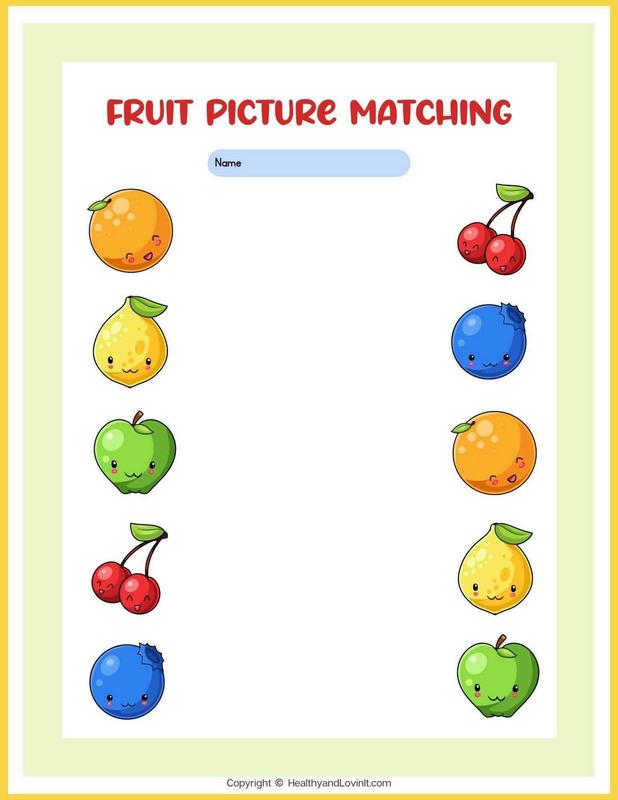


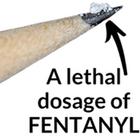

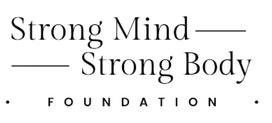

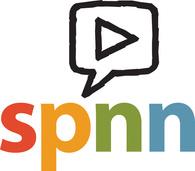
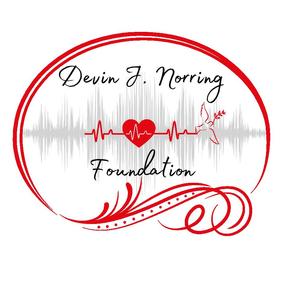






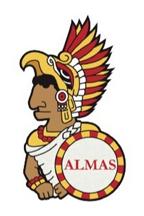


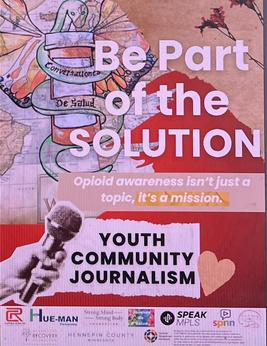


Gracias por acompañarnos en esta edición de agosto, donde celebramos las voces, luchas y logros de los emprendedores latinos
Este número nos recordó que el emprendimiento no es solo una vía económica, sino una herramienta de transformación cultural, emocional y comunitaria
Thank you for joining us in this August issue, where we celebrate the voices, struggles, and achievements of Latino entrepreneurs
This edition reminded us that entrepreneurship is not just an economic path, it’s a cultural, emotional, and community-driven transformation tool

